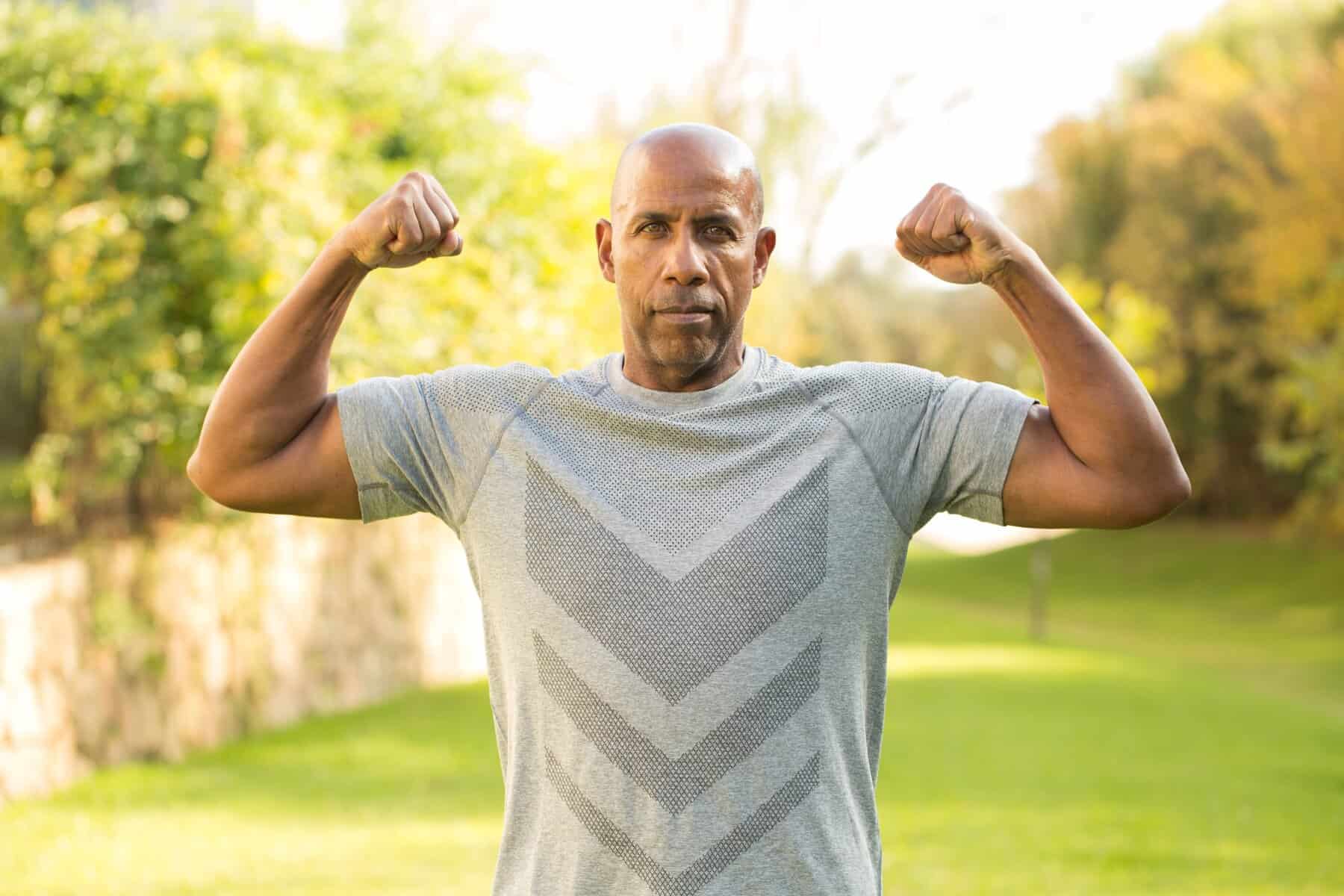Gym Etiquette Basics: Why It Matters
The gym is more than just a place to work out—it’s an outlet, a sanctuary, and for some, even a lifeline. At its core, gym etiquette is about respect, awareness, and human decency.

What 30 Years in the Gym Has Taught Me
I’m Jon Colson, and I’ve spent over 30 years immersed in gym culture. From personal training to owning a gym for over a decade, I’ve worked with everyone from beginners to elite athletes, including bodybuilders, powerlifters, and Strongman competitors. My experience has taught me that the gym is far more than a place for physical transformation—it’s a vital community space that impacts lives far beyond the weights.
How Misconceptions About Gym Etiquette Affect Everyone
Here’s the real issue: many people think they understand gym etiquette, but they don’t. Some believe that gym etiquette is just about ignoring everyone else and focusing on themselves—getting in, working out, and leaving as fast as possible. This mindset is flawed. The gym is a public space, a community, and for many, a place of solace. True gym etiquette isn’t about avoidance; it’s about consideration for others. It’s about recognizing that the gym is shared by people with diverse goals, struggles, and reasons for being there.
The Foundations of Good Gym Etiquette
At its foundation, gym etiquette is built on three principles:
These principles create a welcoming environment for all gym-goers—whether they’re seasoned athletes or nervous beginners stepping into the gym for the first time.
What Is Gym Etiquette?
Gym etiquette is the practice of understanding what the gym means to others and making choices that create a positive experience for everyone. It’s not just about rules; it’s about fostering respect and shared responsibility.
What This Guide Will Teach You About Gym Etiquette
This guide will set the record straight on gym etiquette. You’ll discover not just the rules, but the philosophy behind them—ensuring the gym remains a space where everyone can thrive.
Gym Etiquette 101: The Pillars of Respect and Awareness
The 10 pillars below outline the essential rules for creating a safe, respectful, and welcoming gym environment.
Pillar 1: Respect Personal Space
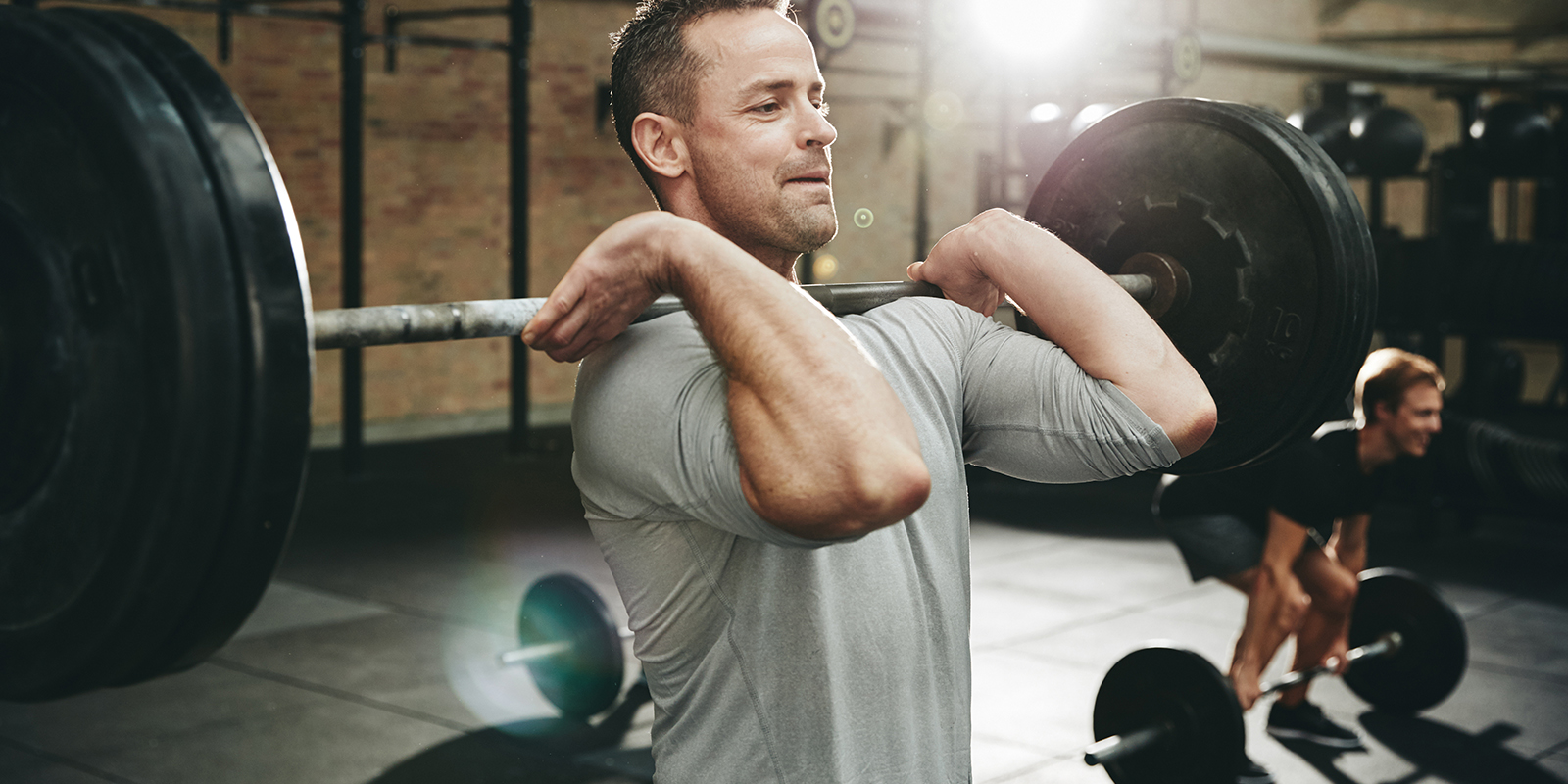
Gym Etiquette: Respect Personal Space
Personal space is essential for ensuring comfort and focus during workouts. When others feel crowded, it can make them uneasy or self-conscious, which detracts from their experience. Respecting personal space also helps maintain a positive, respectful atmosphere in the gym.
Maintain a Comfortable Distance While Others Exercise
Personal space allows people to focus on their workout without feeling uneasy or pressured. Standing too close can come across as intrusive, especially if someone is lifting heavy weights or performing a high-skill movement that requires concentration.
When It Can Be Nuanced
- If someone appears to need help, assess the situation carefully. They might be struggling with a lift, look confused about how to use a machine, or seem unsure where to find something. In these cases, a polite offer to assist can make a big difference. Use non-intrusive language like, “Hey, do you need a hand with that?” or “Would you like me to show you how this works?”
- If you need to ask a quick question (e.g., how many sets they have left or if you can work in), only do so between their sets. Approach calmly, maintaining a reasonable distance, and use polite language like:
- “Excuse me, do you mind if I ask how many sets you have left?”
- “Excuse me, would it be okay if I worked in with you during your rest periods?”
Don’t Hover Near Equipment While Waiting
Hovering can feel distracting or even intimidating to the person using the equipment. It creates unnecessary tension and often communicates impatience in an impersonal way.
What to Do Instead
Wait at a respectful distance and approach the person between sets if needed. When asking to work in or inquiring about their remaining sets, keep your tone polite and your body language relaxed—stand upright, avoid crossing your arms, and use a friendly tone.
Pillar 2: Wipe Down Equipment After Use
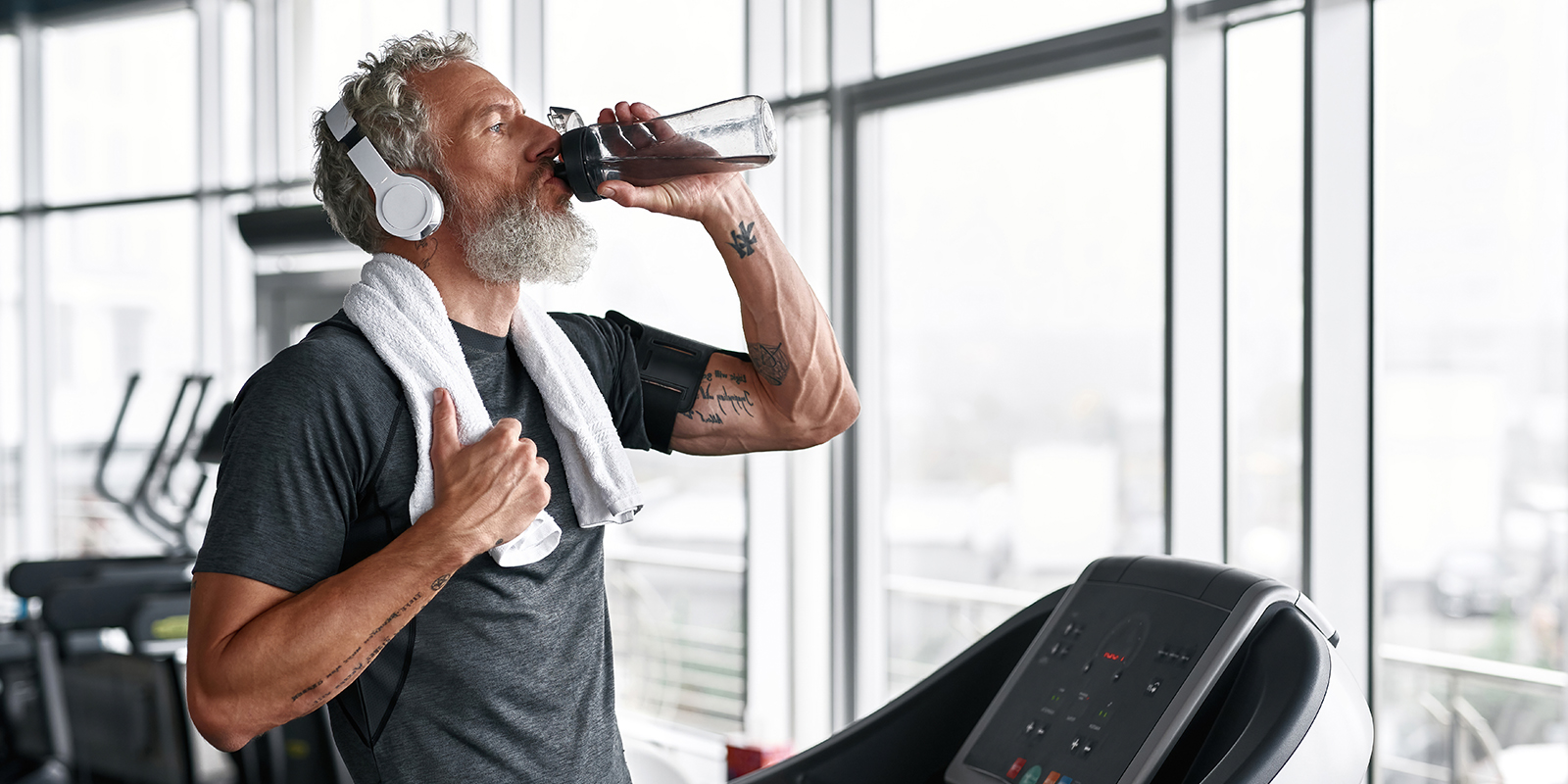
Gym Etiquette: Wipe Down Equipment
Always clean benches, machines, and mats after use with a towel or gym-provided wipes.
No one wants to encounter someone else’s sweat when they’re about to start their workout—it’s uncomfortable and uninviting. Taking a moment to clean up after yourself is respectful to your fellow gym-goers and helps the gym manage cleaning costs, which are one of their largest expenses.
What if the gym doesn’t provide cleaning supplies?
- In this case, bring a small towel or cleaning spray of your own to ensure you can still clean up after yourself.
Pillar 3: Be Mindful of Your Surroundings

Gym Etiquette: Be Mindful of Surroundings
Stay aware of what’s happening around you, especially if wearing headphones
The gym is a shared space where people move around constantly. Being aware of your surroundings helps prevent accidents, such as bumping into someone mid-lift or blocking someone’s path. Wearing headphones can limit your awareness, so it’s important to remain visually alert even when immersed in your music.
When It Can Be Nuanced:
- If you’re in a busy area, such as near free weights or high-traffic machines, pay extra attention to your movements and positioning. Check behind you before stepping back or setting weights down.
- If someone needs to get by or is waiting for a space, take a moment to look up and acknowledge them. A simple nod or quick adjustment can go a long way in maintaining a respectful environment.
Pillar 4: Share Equipment Considerately
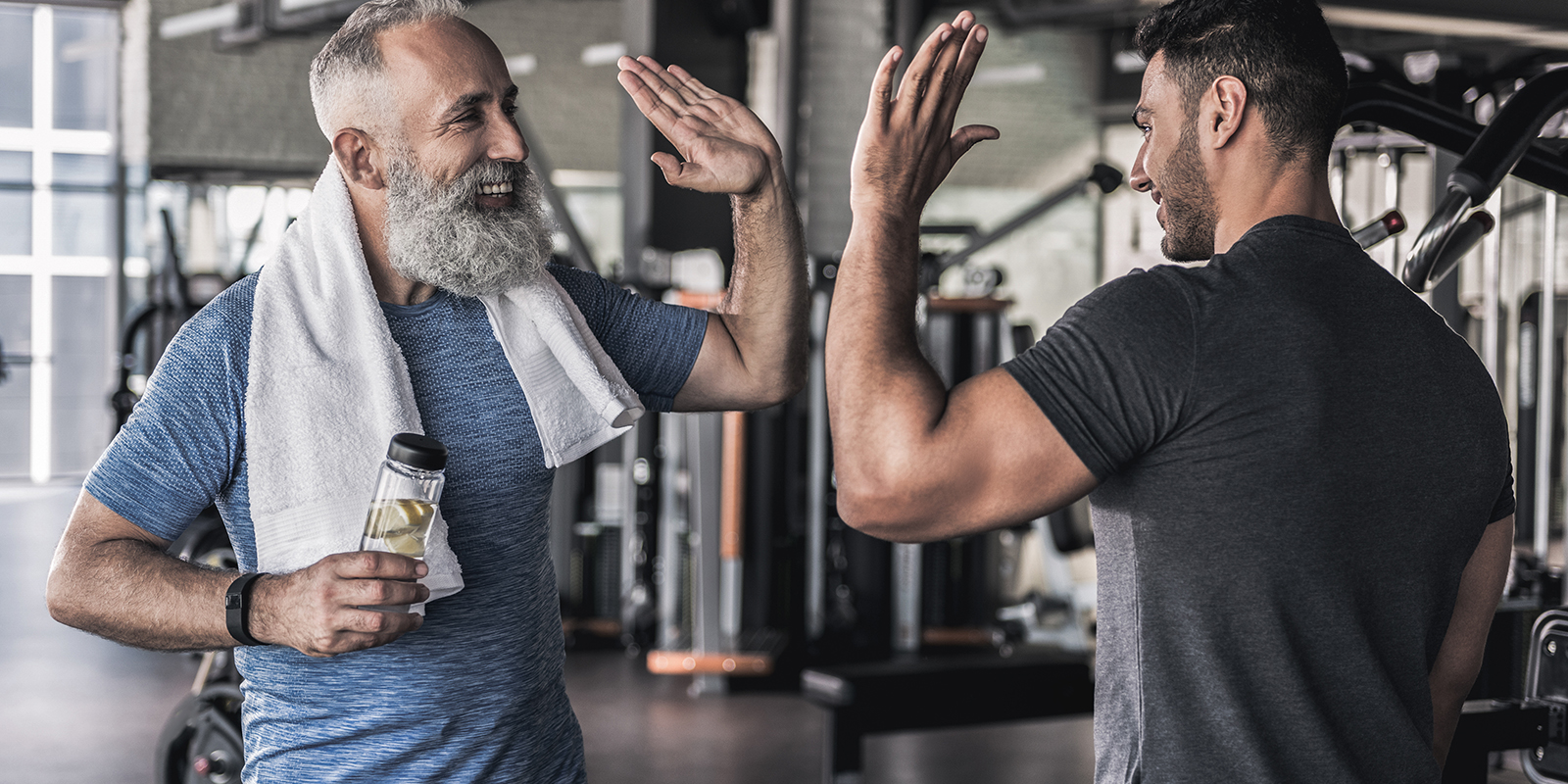
Gym Etiquette: Be Mindful of Surroundings
Let others work in during rest periods. Don’t “claim” equipment with towels or bottles if you’re not actively using it
The gym is a community space, and equipment is meant to be shared. Claiming equipment without actively using it, especially during peak hours, can frustrate other gym-goers. Allowing others to work in during your rest periods not only shows respect but also helps everyone make the most of their time at the gym.
Working In between Sets
1. If Someone Asks to Work In
A typical weightlifting set lasts 20-60 seconds, and rest periods for strength training should range from 2-5 minutes to ensure full recovery and optimal performance. Modern studies show that
longer rest periods lead to greater strength gains and muscle growth compared to shorter ones. Unless you’re trying to rush through your workout, there’s rarely a reason for short rest periods. If your goal isn’t strength or muscle growth, you’re likely misusing your time—do cardio or another calorie-burning activity instead.
Given this, it’s absolutely absurd to refuse to let someone work in during your rest. You’re just standing there, arms crossed like a self-appointed gym security guard, as if some rogue gym gremlins are lurking, ready to steal the equipment the moment you step away. What exactly do you think will happen if you let someone else use the machine? Will your gains vanish? Will the bench spontaneously combust? Refusing to share doesn’t protect you—it just makes you the person everyone silently wishes wasn’t there. Letting others work in doesn’t interrupt your recovery; it just proves you understand basic decency.
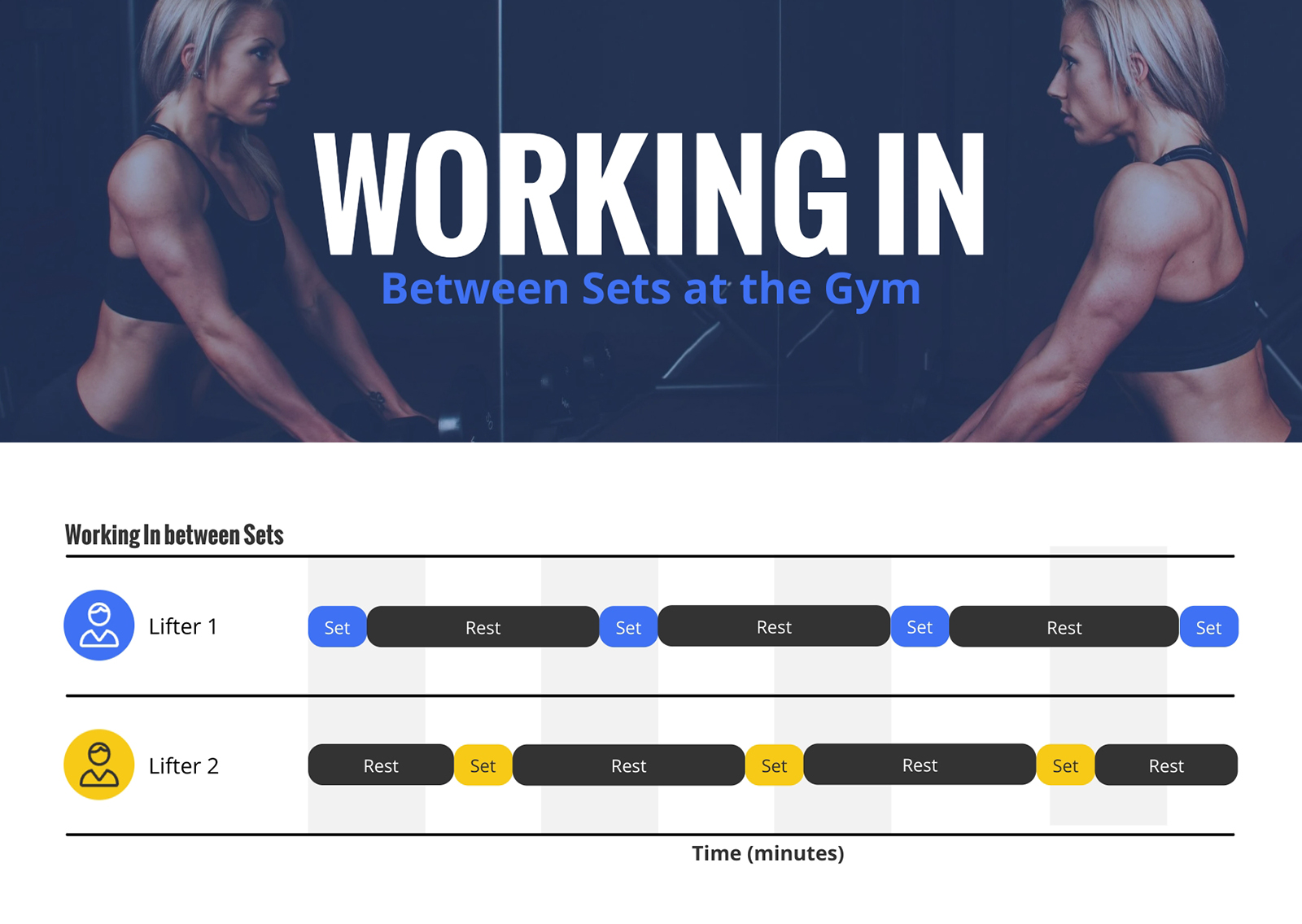
2. If You Need to Work In with Someone Else
Approach the person during their rest period with a friendly tone. Use polite language like, “Excuse me, would it be okay if I worked in during your rest periods?” Be ready to reset weights or equipment to their preference after your set, and always communicate clearly about your plan. For example, “I’ll reset the weights for you after my set.”
Pillar 5: Use Equipment Properly
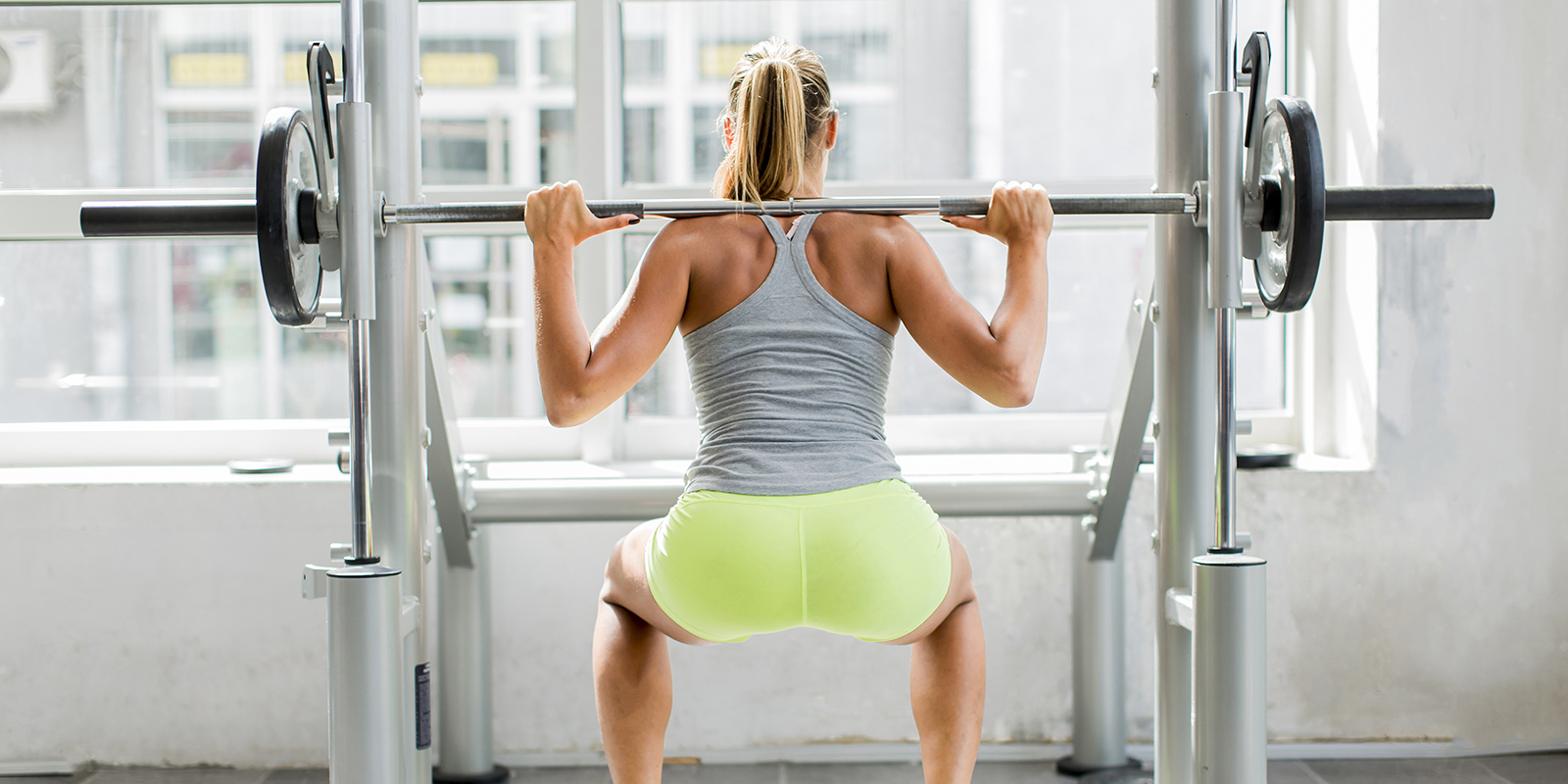
Gym Etiquette: Use Equipment Properly
Follow intended use to prevent damage or injury. Ask for help if unsure about how to use something.
Gym equipment is designed with specific functions in mind, and misusing it can lead to accidents, equipment damage, or even injury. Proper use ensures both your safety and the longevity of the gym’s equipment, making the space better for everyone.
1. If You’re Unsure About How to Use Equipment
Don’t guess or try to figure it out on your own if you’re unfamiliar with a machine or exercise. Ask a trainer, gym staff member, or experienced gym-goer for guidance. Most people are happy to help and appreciate being approached respectfully.
2. If Equipment Is in Poor Condition
If you notice a machine or piece of equipment that feels unstable, squeaks, or seems broken, report it to gym staff immediately. Avoid using it until it’s repaired, as continuing to use damaged equipment can cause further harm to both you and the machine.
3. When Using Specialized Bars
Certain bars in the gym are designed for specific lifts, and using them improperly can disrupt other members’ workouts or cause unnecessary wear on the bar. For example:
- Bench Press Bars: Often have a specific knurling pattern and weight specification ideal for bench pressing.
- Squat Bars: Typically thicker or stiffer, designed to handle heavy loads during squats.
- Deadlift Bars: Longer and more flexible, designed to assist with deadlift mechanics.
If you’re unsure which bar to use, ask a trainer, gym staff member, or even another experienced member for guidance. It’s always better to clarify than risk misuse.
Pillar 6: Practice Good Personal Hygiene
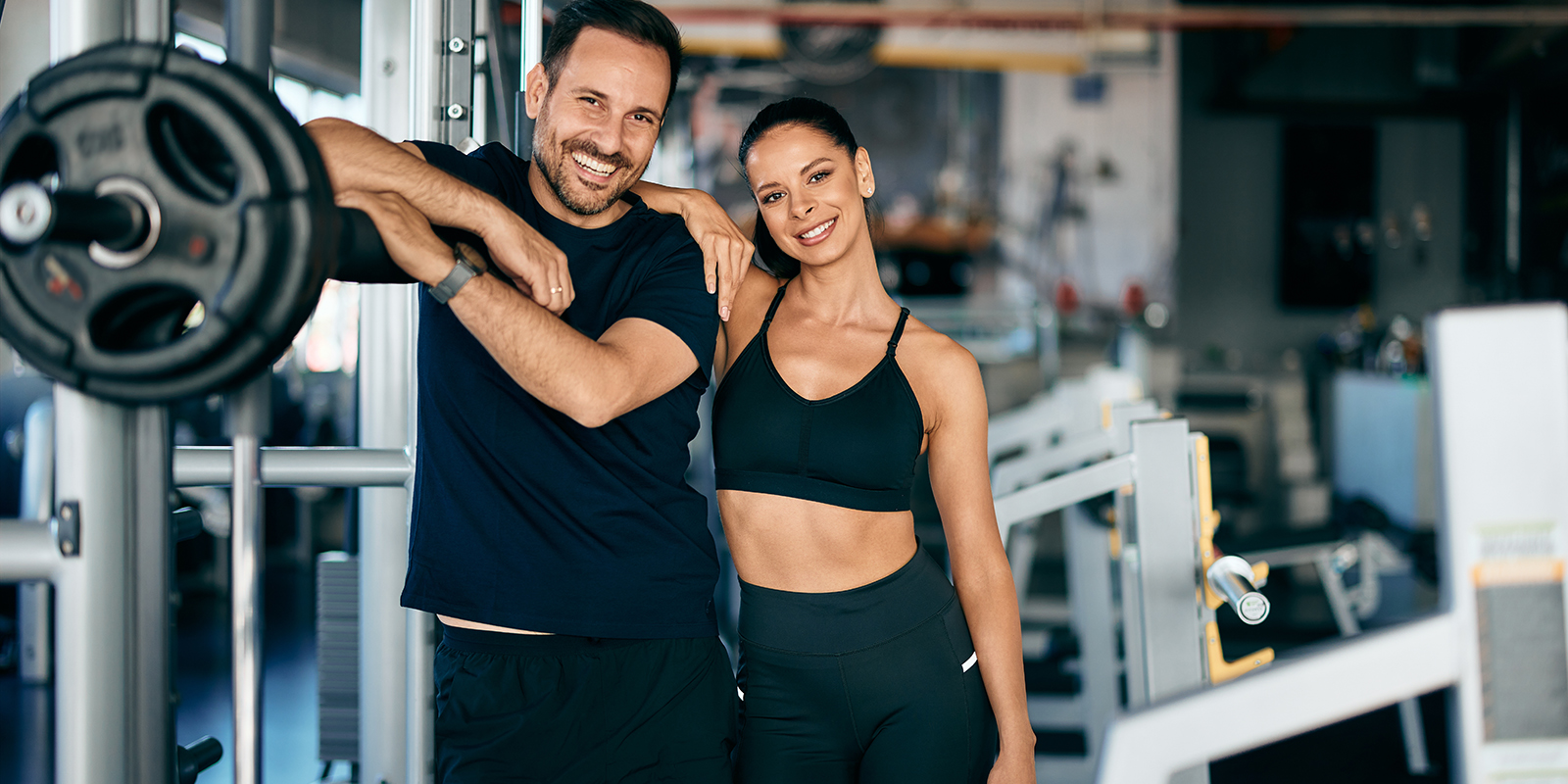
Gym Etiquette: Personal Hygiene
Wear clean workout attire and deodorant. Avoid strong scents
The gym is a shared space, and let’s be honest—no one wants to smell yesterday’s workout on today’s clothes. Clean clothes and deodorant go a long way in keeping the gym comfortable for everyone. Remember, the only thing people should be gasping for is air after a tough set, not because they’re dodging your post-lunch garlic aroma.
When It Can Be Nuanced:
1. Avoiding Strong Scents
Deodorant = good. Overpowering cologne or perfume = not so much. While you might love your signature scent, it doesn’t belong in a packed cardio room where others can’t escape. Stick to subtle or unscented products to avoid turning heads for all the wrong reasons.
2. Managing Post-Workout Hygiene
If your workout left you drenched and your gym has a shower, use it—it’s there for a reason. If showering isn’t an option, a quick wipe-down with a towel or body wipes will do the trick. Think of it as a courtesy to those stuck next to you in the locker room or on the ride home.
Pillar 7: Control Noise Levels
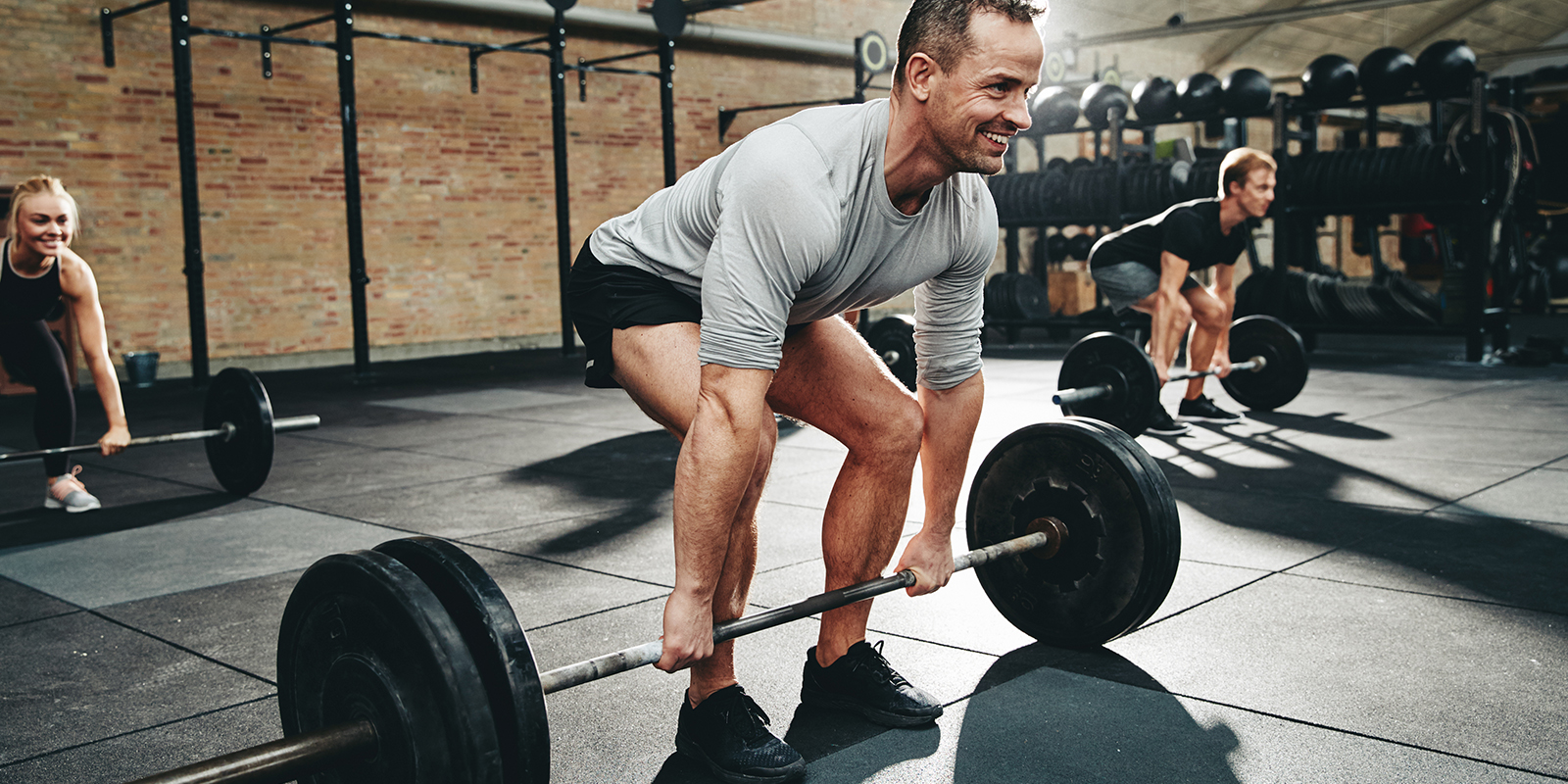
Gym Etiquette: Control Noise Levels
Keep grunting, yelling, or weight-slamming to a minimum unless necessary for safety
The gym isn’t a library, but it’s also not a rock concert. While some noise is natural—especially during heavy lifts—excessive grunting or slamming weights can be distracting and unnecessary. Keeping noise levels reasonable shows respect for others trying to focus on their workouts.
When It Can Be Nuanced:
1. Heavy Lifting or Safety Concerns
If you’re lifting heavy and need to grunt or let the weights drop for safety, that’s understandable. Controlled effort is respected. But let’s be real—there’s a difference between pushing through a tough set and unleashing a viking battle cry as if you’re charging into war. Save the theatrics for your Nordic heritage festival and focus on controlled intensity instead.
2. Music or Notifications
If you’re using your phone for music, keep the volume in your headphones at a reasonable level. No one should hear your playlist through your earbuds. Similarly, turn off audible notifications to avoid distracting those around you. Silent mode is your gym’s best friend.
Pillar 8: Return Equipment After Use
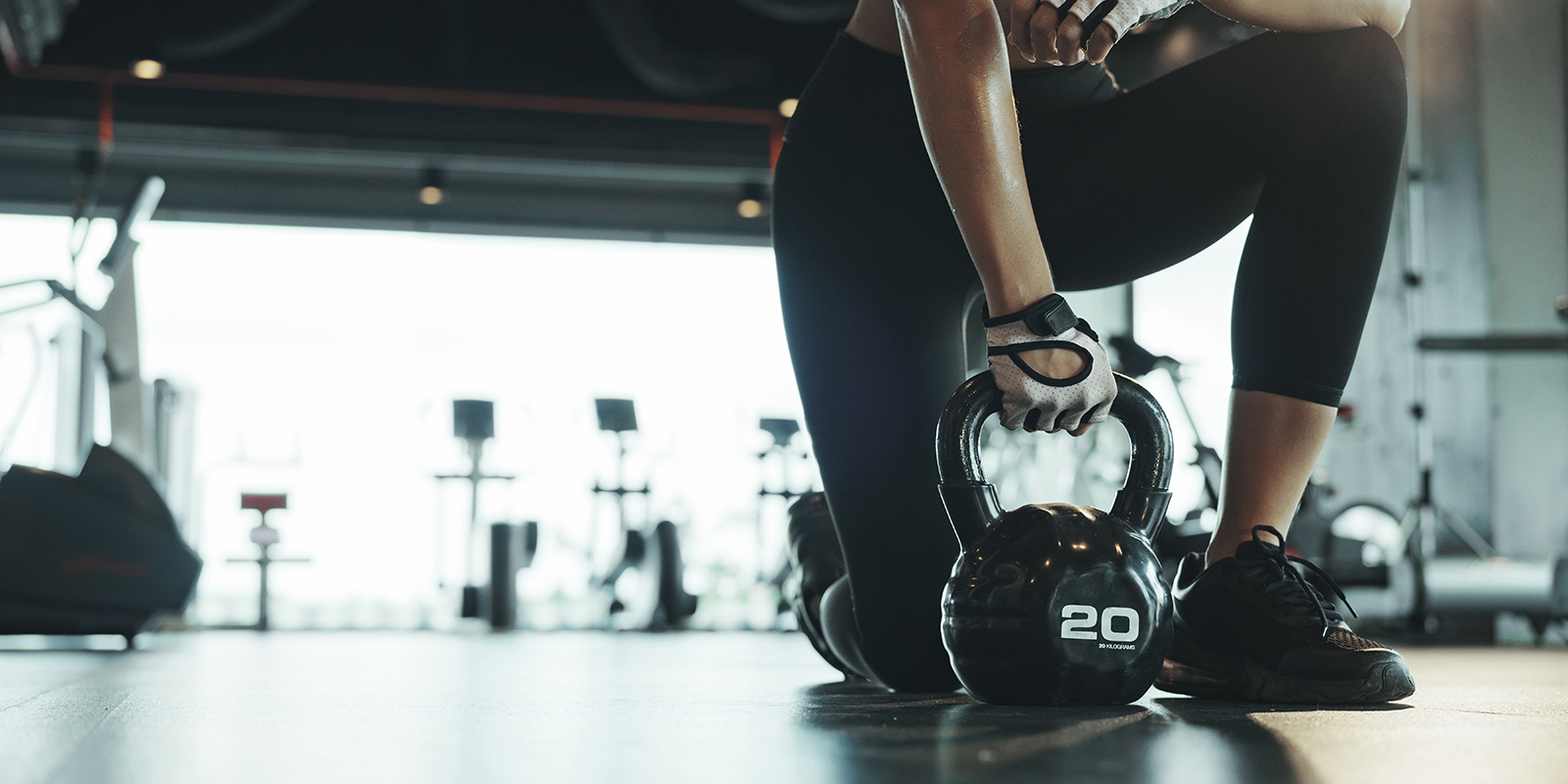
Gym Etiquette: Put Weights Away
Rerack weights, return dumbbells, and organize any accessories after using them
Properly returning equipment to its designated place helps keep the gym organized, prevents accidents, and shows respect for the next person who needs to use it. When you don’t put things back, you’re forcing others to embark on a quest for lost equipment—wandering the gym like adventurers in search of the sacred 25-pound dumbbells. Save everyone the hassle and return what you use.
When It Can Be Nuanced:
1. If You’re Unsure Where Something Goes
If you’re not sure where a specific piece of equipment belongs, take a moment to look around for labels or ask a staff member for guidance. Placing it in the wrong spot can make it harder for others to find or even lead to damage.
2. If Weights Are Already Out of Place
It can be frustrating to find weights or equipment left in random spots by others. While it’s not your responsibility to clean up after them, reracking misplaced items when possible contributes to a better environment for everyone. If it’s a persistent problem, inform gym staff so they can address it.
Pillar 9: Don’t Block Mirrors or Pathways
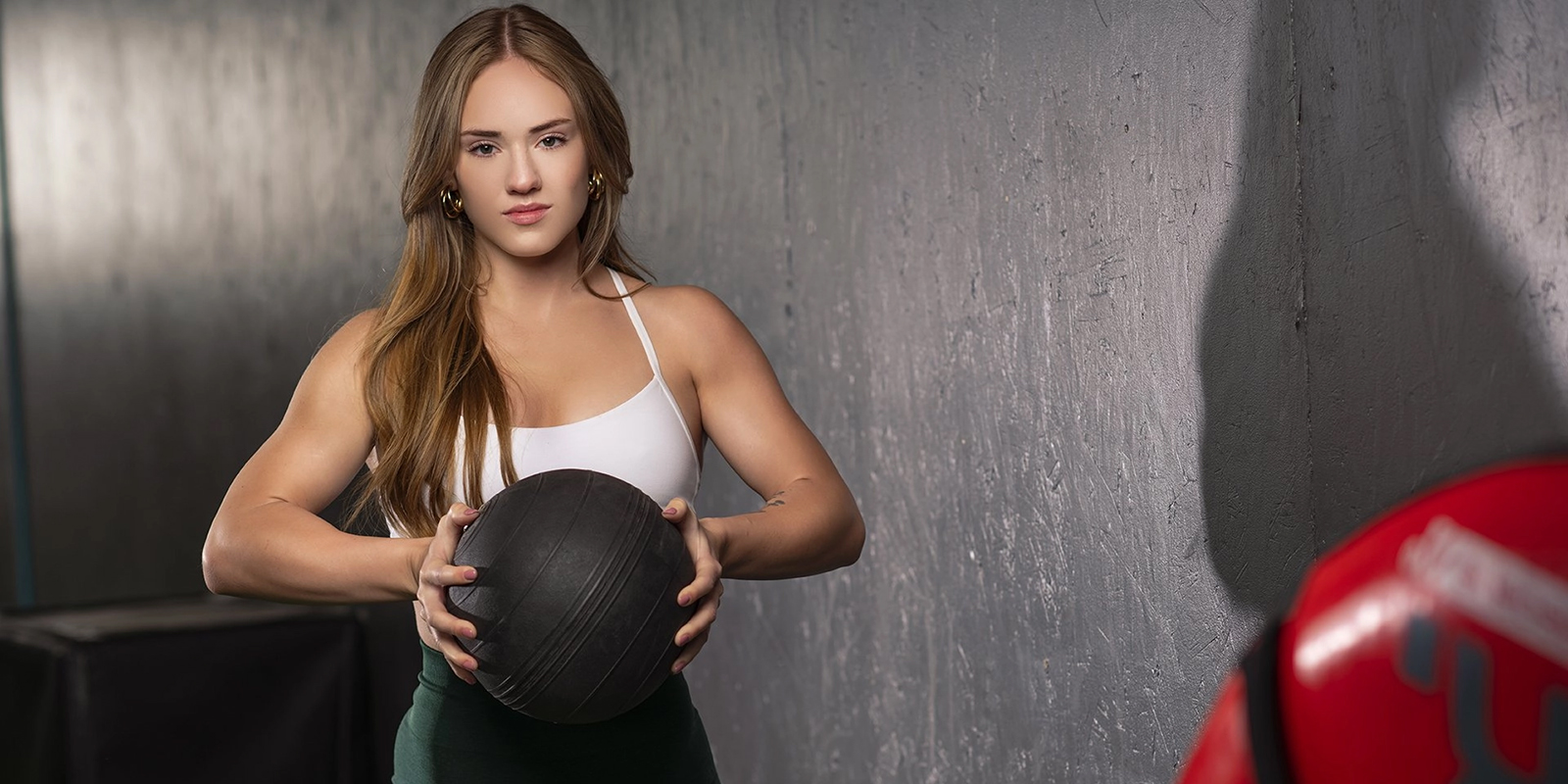
Gym Etiquette: Don’t Block Others
Keep pathways clear and avoid standing in front of mirrors used for form checks
Mirrors and clear pathways are essential tools for gym-goers to monitor their form and safely move around. Blocking these areas, whether by standing in front of someone mid-set or leaving items in high-traffic spots, disrupts others' workouts and creates unnecessary frustration. And let’s be honest—sometimes someone just wants a moment to admire their hard-earned gains in the mirror. Don’t ruin it by stepping into their line of sight.
When It Can Be Nuanced:
1. If You’re Unaware You’re Blocking Someone
Sometimes, you might not realize you’ve stepped into someone’s line of sight or left your gear in the way. A quick glance around before setting up can prevent this. If someone politely asks you to move, don’t take it personally—adjust and let them continue their workout uninterrupted.
2. During Peak Hours
In a crowded gym, clear pathways might be harder to maintain. If you need to temporarily place an item somewhere or pause in front of a mirror, keep it brief and make sure you’re not lingering in a high-traffic area.
Pillar 10: Ask for Assistance When Needed
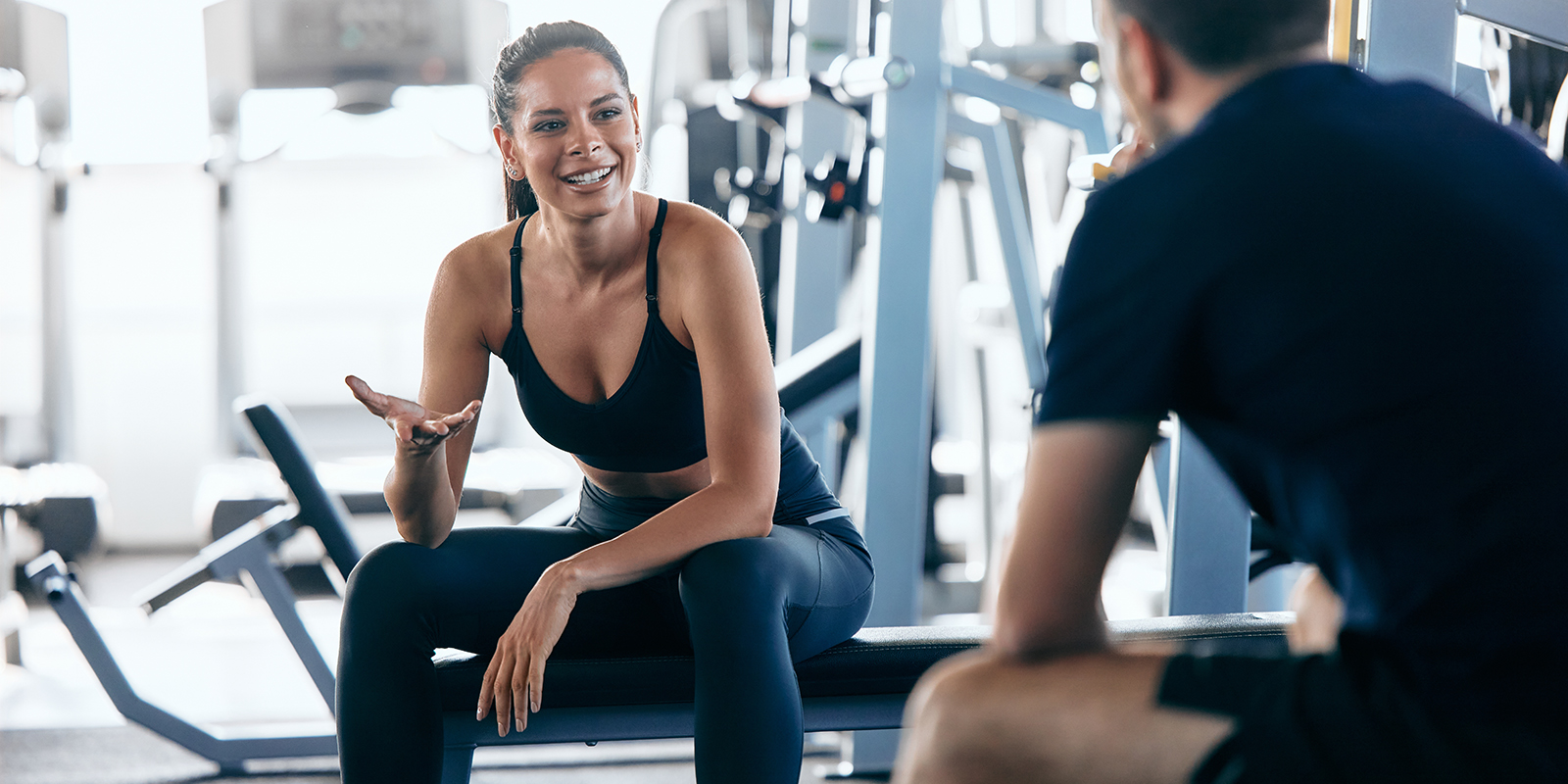
Gym Etiquette: When Help is Needed
Request a spot for heavy lifts but respect if someone declines
Lifting heavy weights can be challenging and sometimes dangerous without a spotter. Asking for help ensures safety and gives you the confidence to push yourself. However, not everyone may feel comfortable spotting, and that’s okay—respect their decision and look for someone else willing to assist.
When It Can Be Nuanced:
1. If You’re Unsure How to Ask for a Spot
Approach someone nearby who isn’t in the middle of their workout and ask politely. Use clear and direct language like, “Hey, would you mind spotting me for this set?” Let them know what you’re lifting and any specific way you prefer to be spotted (e.g., helping with the barbell or simply being there for safety). Most people will appreciate the clarity and be happy to help.
2. If Someone Declines to Spot You
Not everyone is comfortable spotting, and that’s okay. If they decline, thank them and look for another option. Gym staff, trainers, or experienced lifters are usually great choices. If you can’t find a spotter, consider using machines or safety bars to complete your lift safely.
Specific Scenarios: Navigating the Gray Areas
This section addresses nuanced situations where gym etiquette might not be as straightforward. These common scenarios often spark debates, but by following these guidelines, you can handle them with respect and consideration.
Gym Locker Room Etiquette
Privacy and Cleanliness
The locker room is a shared space, and respecting others’ privacy is key. While it’s perfectly fine to change and shower, the days of grandpas casually strolling around naked as if putting on an uncomfortable show are behind us. Today, it’s considered good etiquette to be mindful of others by keeping your "family jewels" under wraps. Use a towel if necessary, or find a more discreet spot where no one will feel awkward or uncomfortable.
Beyond nudity, cleanliness is equally important. Don’t leave towels, clothes, or personal items scattered around. Treat the locker room like a shared space, not your personal closet. A little courtesy goes a long way in making the space pleasant for everyone.
Gym Sauna Etiquette
Respecting Space and Hygiene
Saunas are meant for relaxation, but that doesn’t mean basic etiquette goes out the window. Space is often limited, so keep your area small—no sprawling out like you own the place. Sitting on a towel isn’t just a suggestion; it’s a must for hygiene. Nobody wants to sit where you’ve been sweating directly onto the bench.
Conversations in the sauna should be kept quiet and considerate. While some people enjoy small talk, others come to unwind in silence. If in doubt, follow the golden rule of sauna etiquette: read the room. If it’s clear people want peace and quiet, respect their vibe.
Gym Shower Etiquette
Efficiency and Cleanliness
The gym shower isn’t your personal spa, so keep your time short, especially during busy hours. Remember, other people are waiting to rinse off, and no one wants to stand in line while you recreate a 20-minute tropical rainstorm. Bring only the essentials to avoid cluttering the space, and keep your products within reach to avoid inconveniencing others.
Cleanliness is non-negotiable. Rinse away any soap, hair, or products you’ve left behind, and make sure to take all your belongings when you leave. If the shower area has a curtain or door, close it after use to prevent water from spilling everywhere—it’s a small effort that keeps the space more pleasant for everyone.
Gym Pool Etiquette
Understanding Unspoken Rules
The gym pool is a shared resource, and following a few simple guidelines ensures everyone can enjoy it. If there are lap lanes, stick to the posted rules—use the correct lane for your speed, and always swim in the same direction as others in that lane. If you’re unsure, ask staff for clarification.
Showering before entering the pool isn’t just a suggestion; it’s a necessity. It helps keep the water clean and ensures a better experience for everyone. And let’s be clear—peeing in the pool is absolutely disgusting. It’s not just about hygiene; it’s about respecting everyone who shares the water. If nature calls, take a break and head to the restroom.
Avoid disruptive behaviors like splashing, diving, or playing in lap lanes when others are swimming. The pool may be a fun space for some, but for others, it’s a serious part of their workout.
Conclusion: Building a Better Gym Experience Together
Gym etiquette exists to foster respect, support, and inclusivity—it’s not a weapon to be wielded against others or an excuse to be a jerk. Unfortunately, some people who believe they “own” the gym are the very ones who misuse the concept of etiquette. They think it’s all about “first come, first serve” and act as though others shouldn’t bother, look at, or interact with them. But this mindset misses the point entirely. Gym etiquette isn’t about isolation or avoidance; it’s about building a shared space where everyone can feel respected and valued.
The gym represents something different for everyone. For some, it’s a place to challenge themselves physically; for others, it’s a refuge or an outlet for stress, anxiety, or even personal struggles. It’s a community where people of all backgrounds come together with the shared goal of self-improvement. That’s why empathy, respect, and awareness are as important as the reps and sets.
By following these pillars of gym etiquette, you’re not only improving your own experience but also helping create an environment where others can thrive. Small acts of consideration—like wiping down equipment, sharing machines, or simply acknowledging someone’s presence—can have a profound impact on someone’s day.
Let’s make the gym a space where everyone feels comfortable, empowered, and inspired to reach their goals. We’re all here to improve ourselves, and that starts with respecting and supporting one another.


















